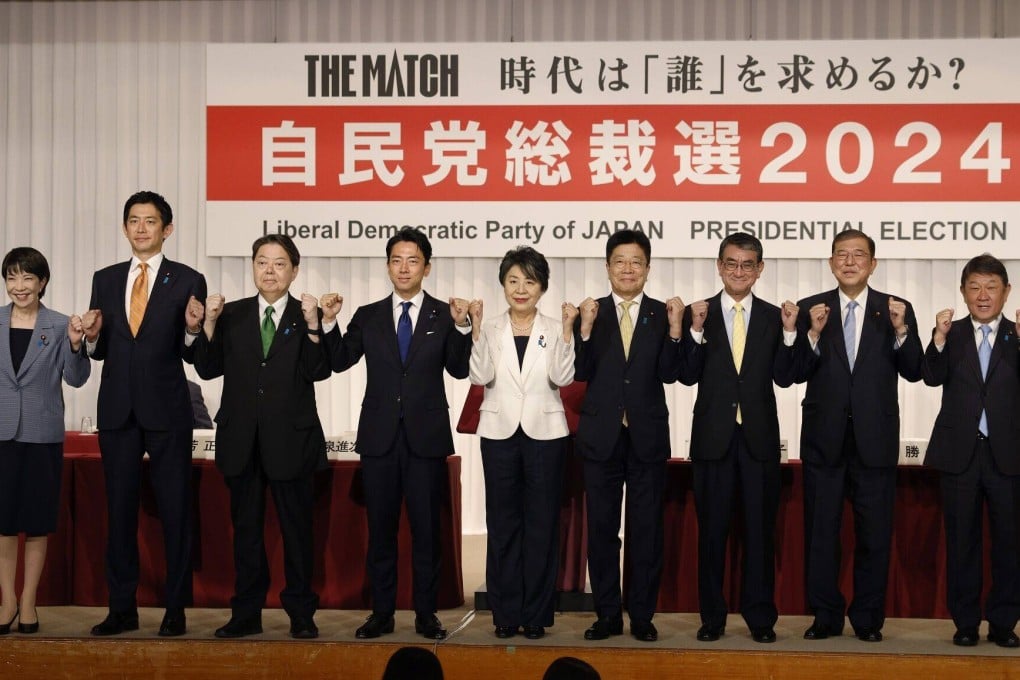Japan PM hopefuls agree on Kishida’s economic push but differ on how to do it
The top 9 contenders for leadership of Japan’s LDP make their case for why they should be the ones to succeed Kishida

While Kishida’s government has provided financial help to reduce utility bills for households, other candidates, including former economic security minister Takayuki Kobayashi, once a Finance Ministry official, and Digital Minister Taro Kono said support in the form of subsidies should be “targeted.”
In the September 27 LDP leadership race, a record nine contenders are competing to take the helm of the ruling party hit by a slush funds scandal. Key issues include how to revamp the party, bolster the economy and address security and demographic challenges.
The next president is certain to become the prime minister as both houses of parliament are controlled by the LDP and its junior coalition partner, Komeito Party. One focal point is when the new leader will call a snap election.
“What we are seeing is the economy finally transitioning to a growth-oriented one from deflation. We need to accelerate the progress rather than moving backward,” Koizumi said at a joint press conference with the other eight contenders at the LDP headquarters.
At the same event, Kono said, “We need to stop the practice of giving subsidies to everything,” emphasising the need to examine the effectiveness of recent budgeting.
